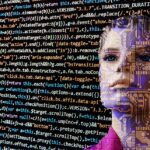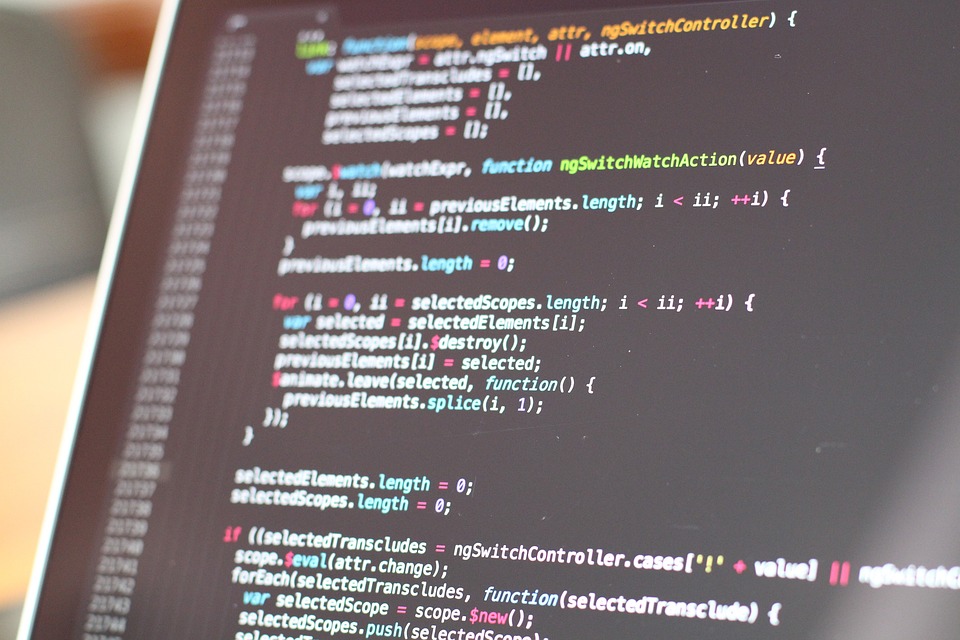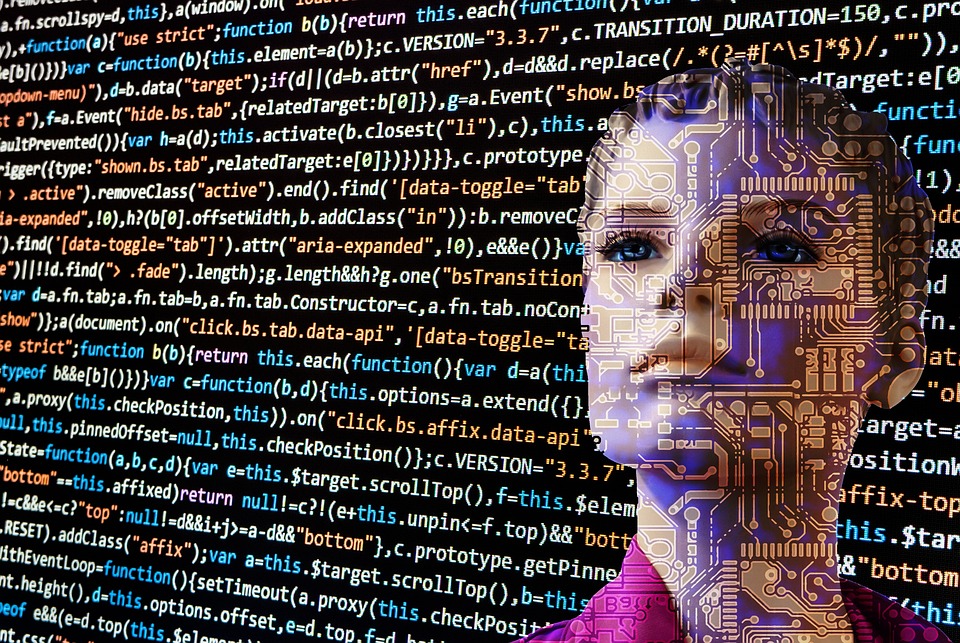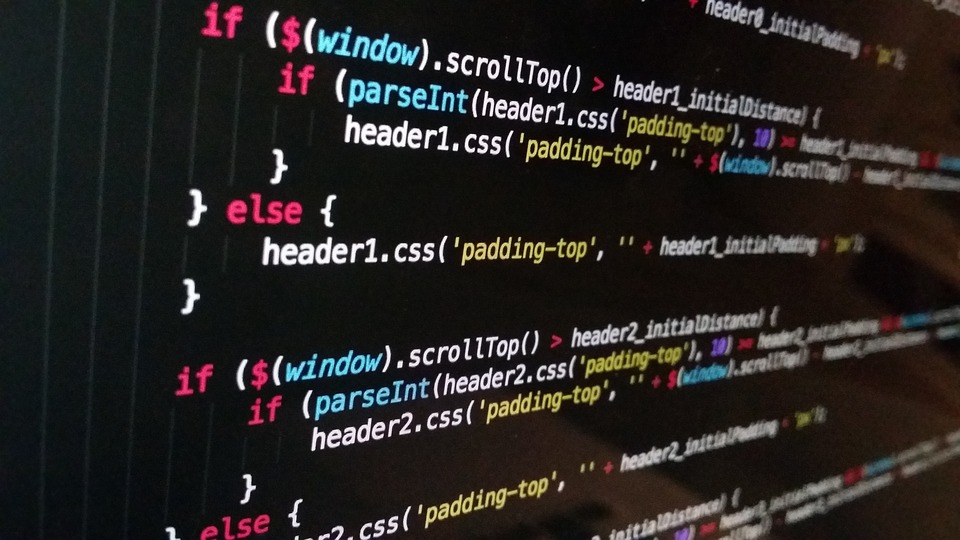The rapid advancement of artificial intelligence (AI) and machine learning has revolutionized the way we approach programming. As these technologies continue to evolve, their impact on the programming landscape is expected to be profound, with vast implications for the future of software development.
One of the most significant developments in AI and machine learning is the rise of automated code generation. With the help of AI, developers can now rely on automated tools to analyze data, learn patterns, and generate code, saving a substantial amount of time and effort in the software development process. These AI-powered tools can also help identify bugs and suggest solutions, streamlining the debugging process and improving software quality.
Another key area where AI and machine learning are making a big impact in programming is in predictive analysis. By leveraging machine learning algorithms, developers can now build predictive models that can anticipate future outcomes or behaviors based on historical data. This can be particularly valuable in the realm of business intelligence, where predictive analytics can help organizations make data-driven decisions and gain a competitive edge.
Furthermore, the integration of AI and machine learning in programming is revolutionizing the way we approach problem-solving. With the help of intelligent algorithms, developers can now create more sophisticated and efficient solutions to complex problems. For instance, AI-based algorithms can optimize code for performance, improve resource allocation, and enhance the overall efficiency of software systems.
The future of AI and machine learning in programming also holds great promise for creating more intuitive and user-friendly software. By leveraging natural language processing and computer vision, AI can enable developers to build more intelligent user interfaces and interactive applications. This can lead to a more personalized and immersive user experience, ultimately enhancing the value and usability of software products.
In addition, AI and machine learning are expected to play a significant role in cybersecurity. With the increasing complexity and scale of cyber threats, the use of AI-powered security tools can help developers to better identify and mitigate potential vulnerabilities in software systems. This can greatly enhance the overall security posture of software applications, protecting them from malicious attacks and data breaches.
However, it’s important to acknowledge that while AI and machine learning have the potential to revolutionize programming, they also pose certain challenges and ethical considerations. As these technologies become more prevalent in programming, there is a growing need for ethical guidelines and regulations to ensure that AI-powered systems are used responsibly and do not perpetuate bias or discrimination.
In conclusion, the future of AI and machine learning in programming is full of potential, offering numerous opportunities to revolutionize the way software is developed, deployed, and maintained. As these technologies continue to evolve, they are expected to transform the programming landscape, ushering in a new era of intelligent, efficient, and user-centric software development. It is crucial for developers to keep up with these advancements and embrace the opportunities that AI and machine learning present in order to stay at the forefront of software innovation.










